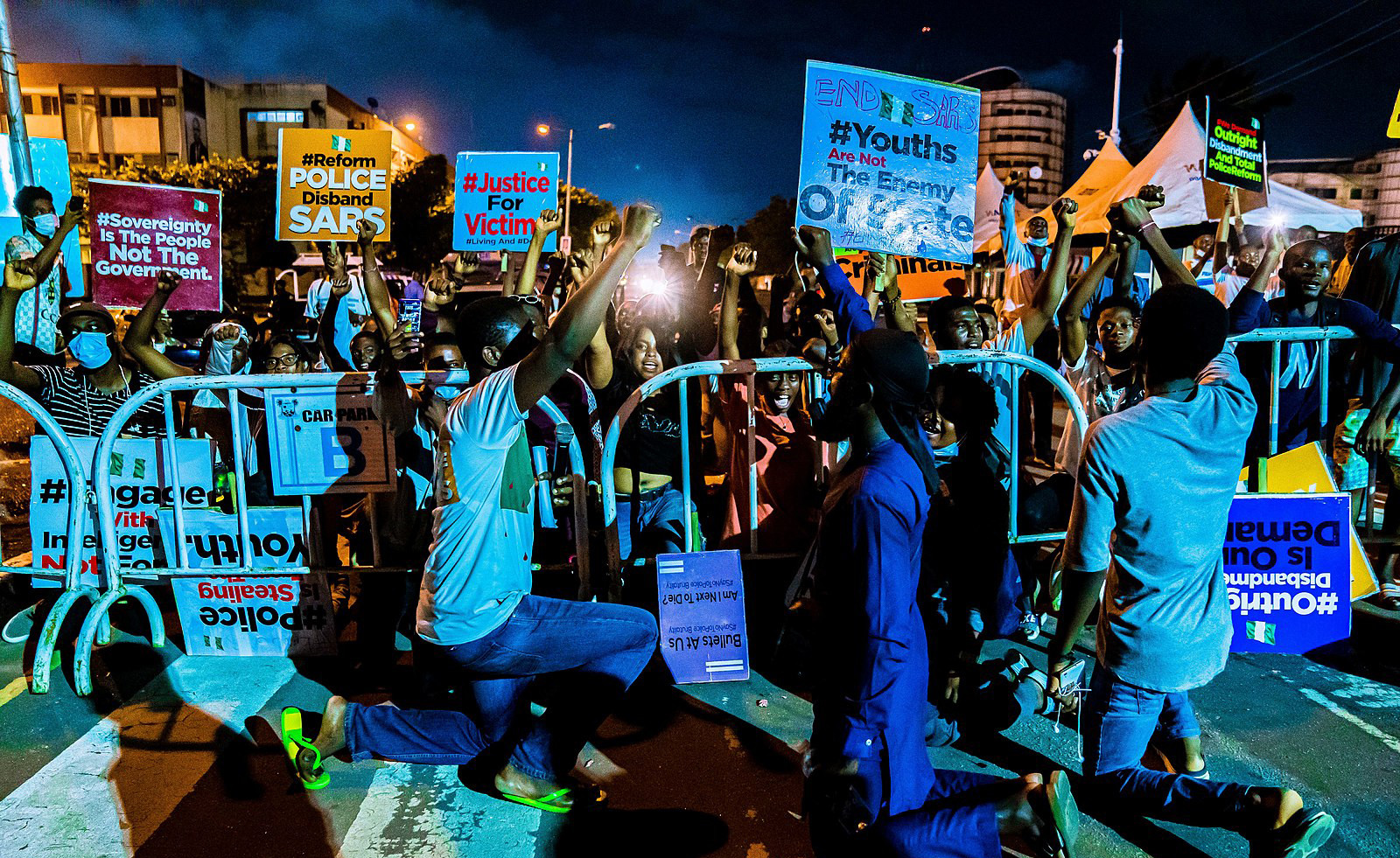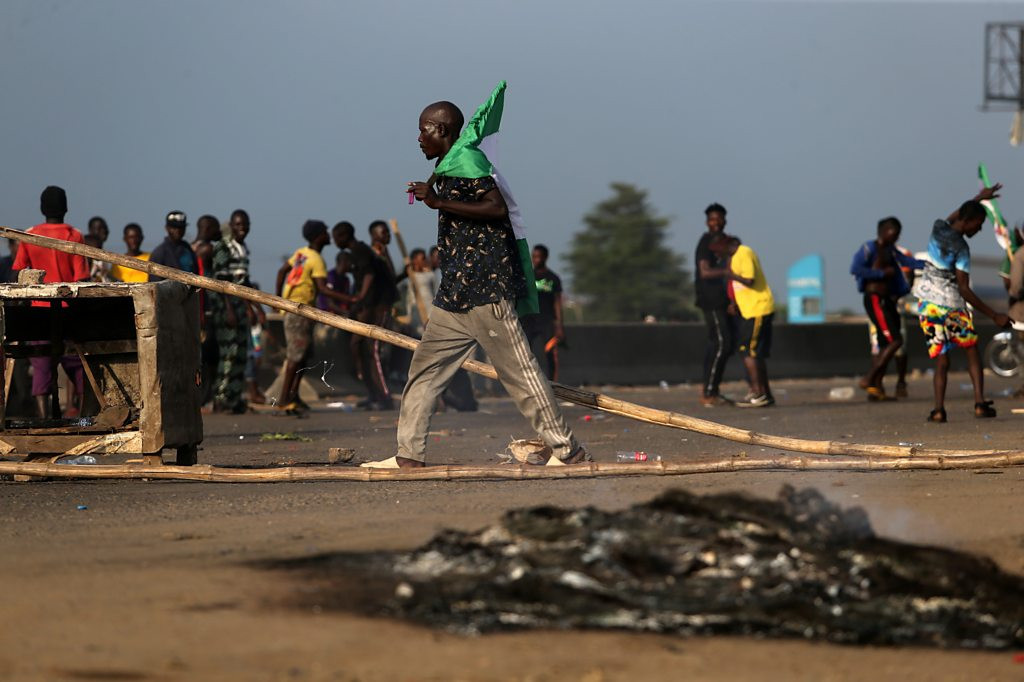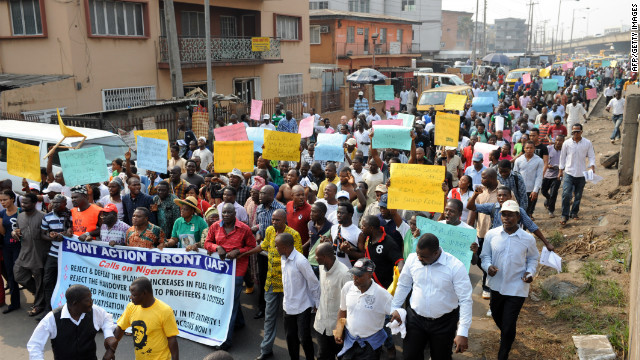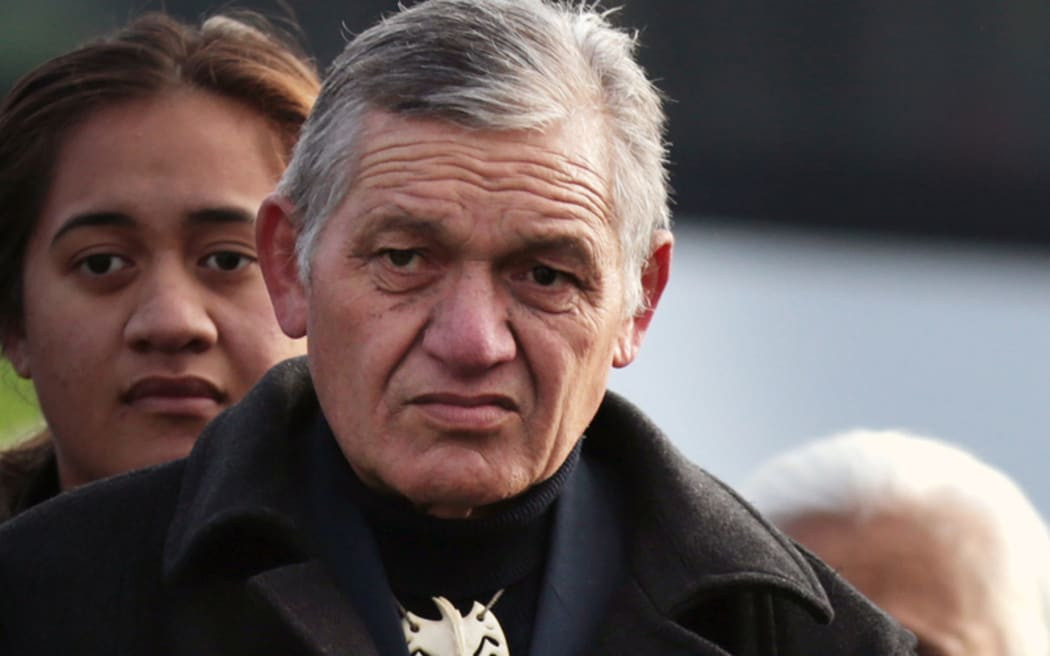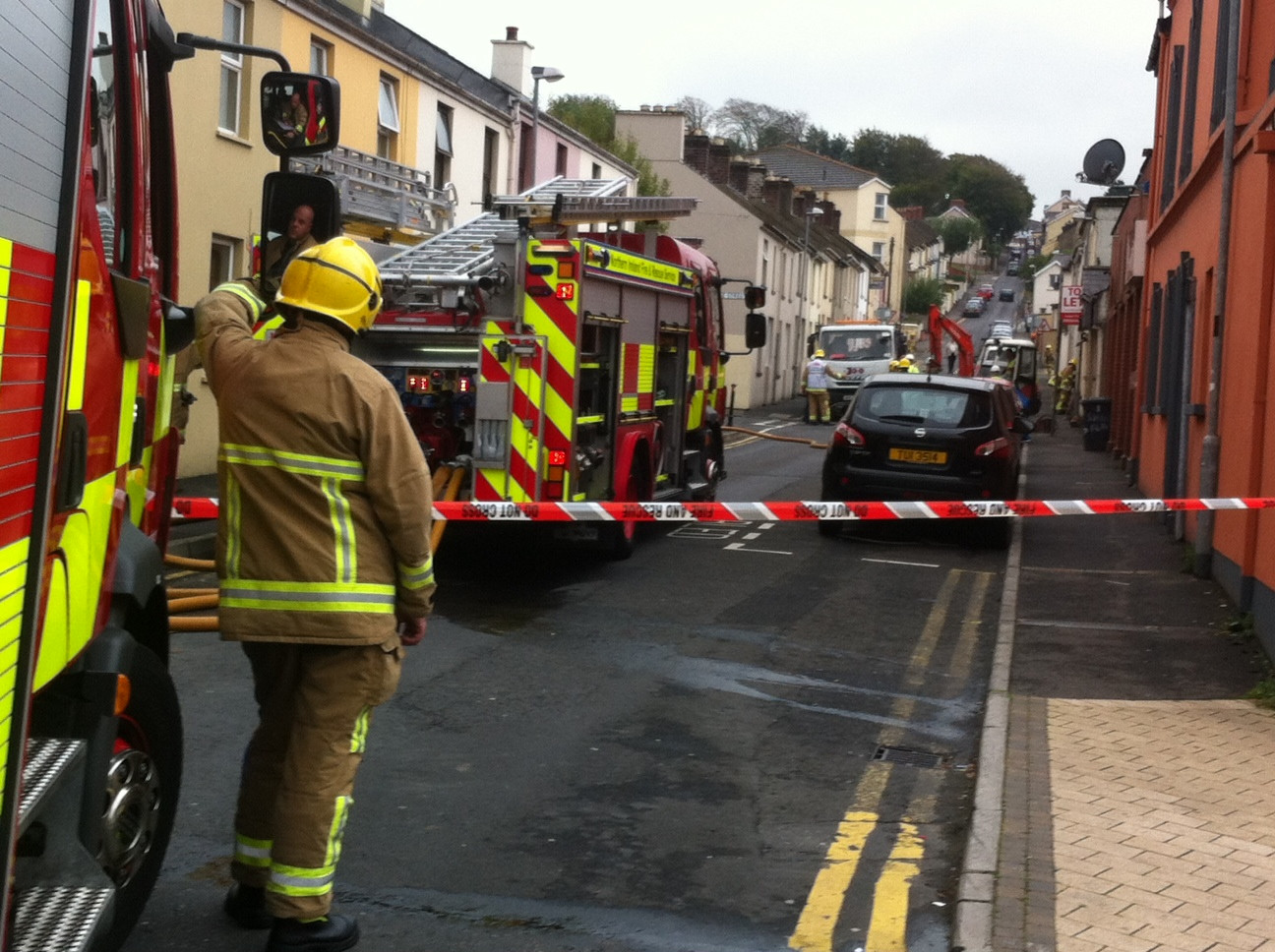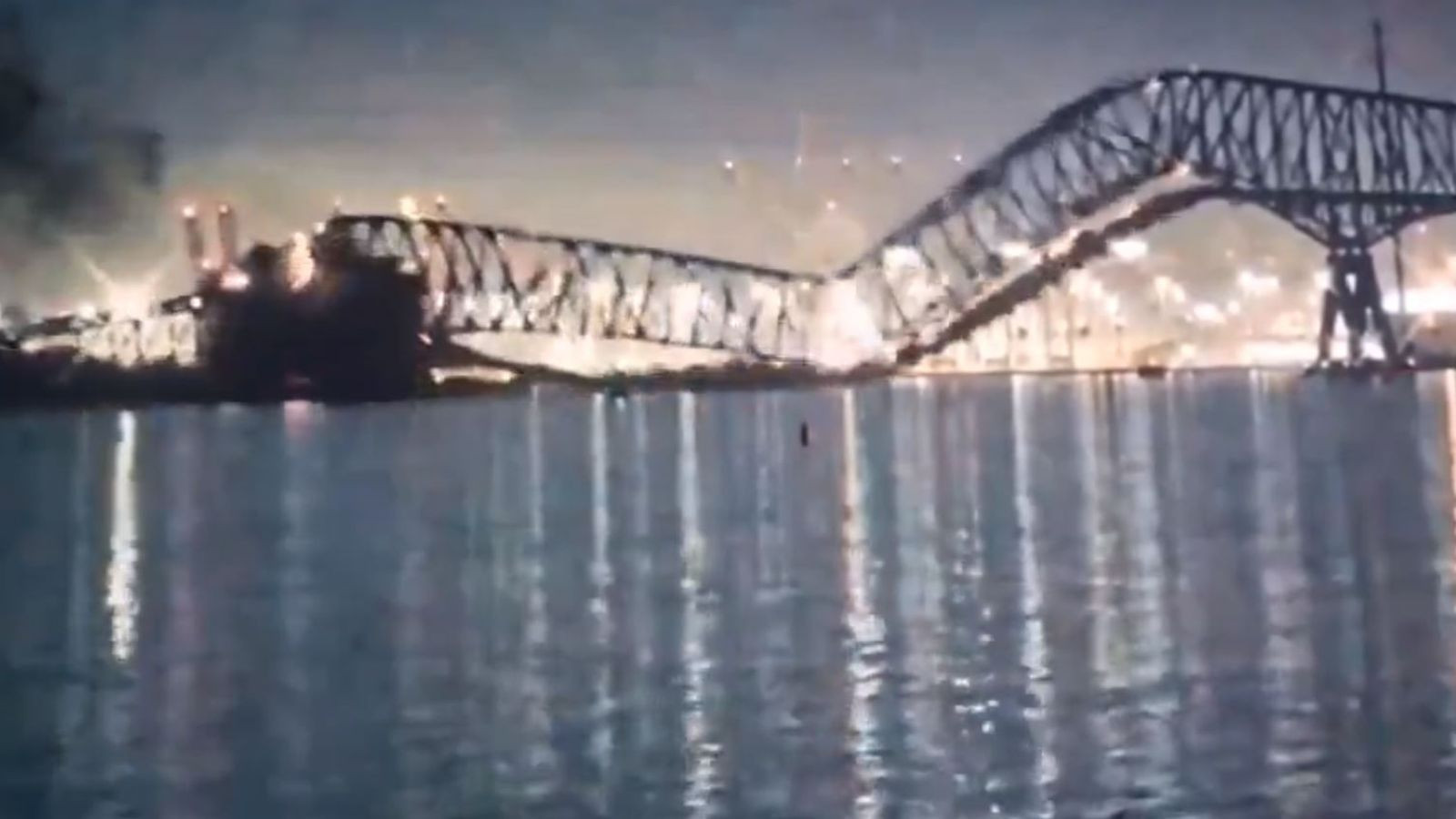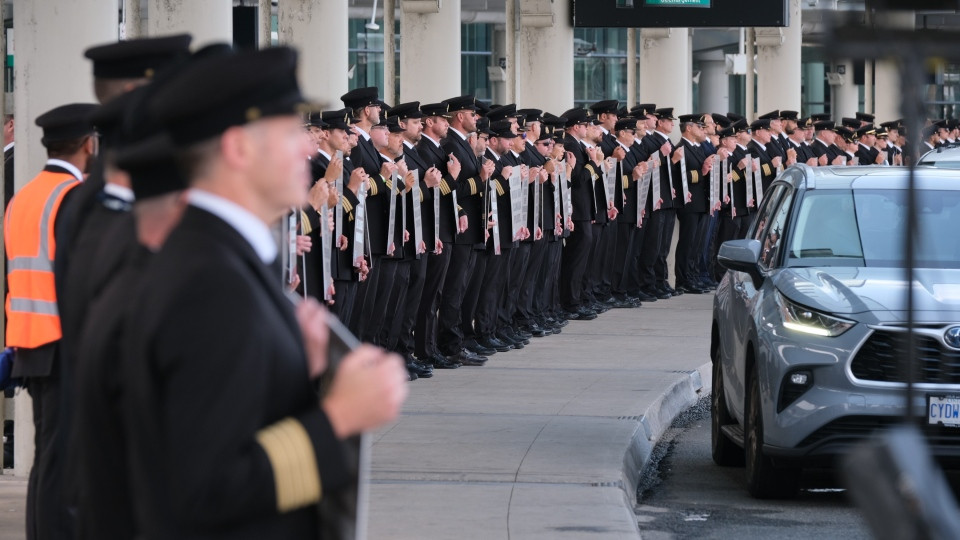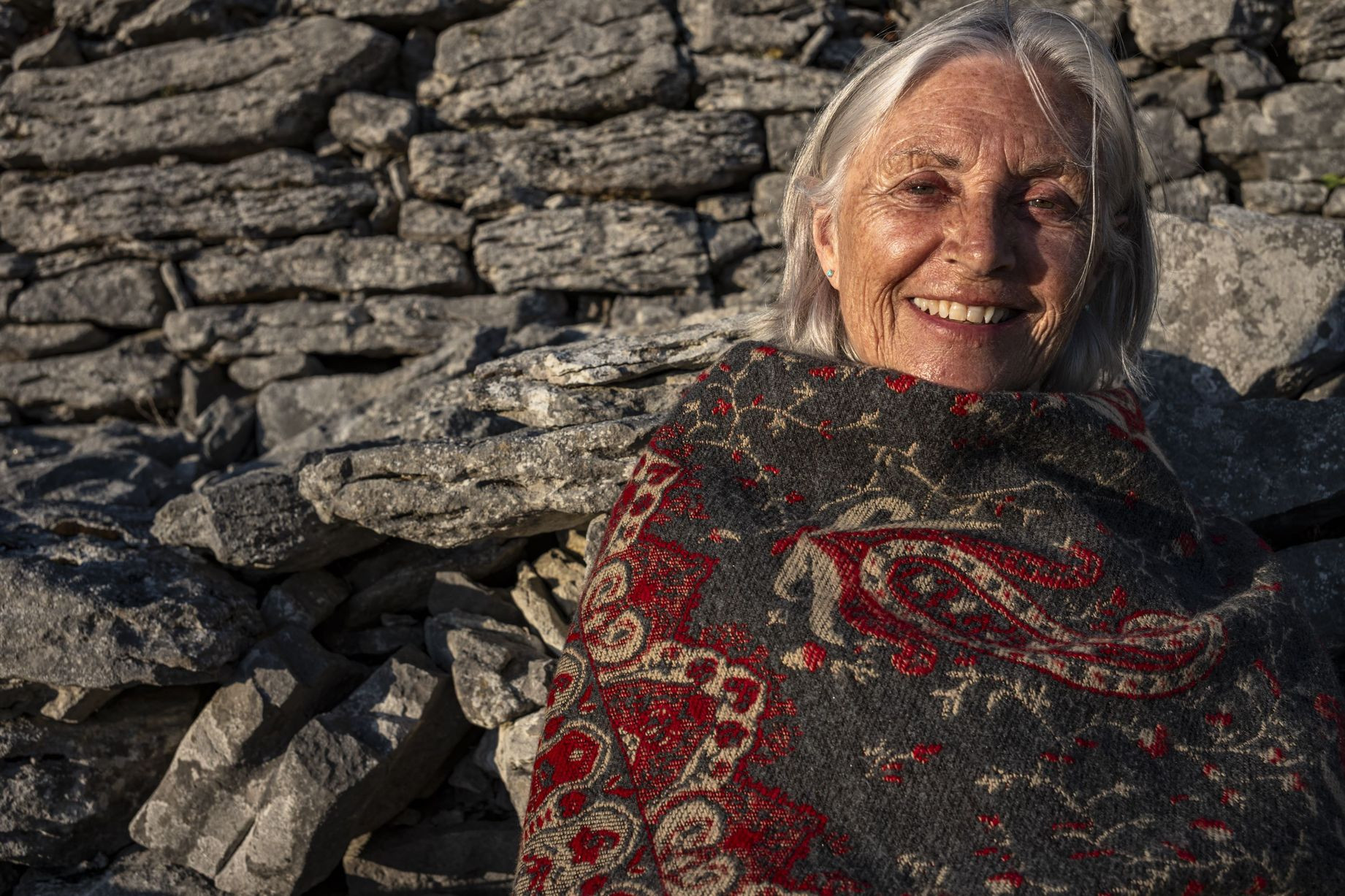Nairametrics had earlier reported on Sunday that Tinubu delivered a nationwide address calling on citizens to suspend the public demonstration, adding that he had heard their concerns “loud and clear.”
However, on Monday, the protesters stormed major cities in Nigeria including Ojota in Lagos, Ali Akilu Road, Kaduna and other cities in the country.
Similarly, protesters were also seen holding Russian flags near the Nyanya bridge, a suburb in Abuja, the country’s capital.
The protest which is expected to run for ten days tagged 10 Days of Rage centred around the high cost of living amid 18 years of high inflation.
Following the president’s address on Sunday, the governor of Lagos, Babajide Sanwo-Olu, commended the protesters for being orderly and peaceful, declaring that the protest is over in Lagos.
The governor also directed that despite the stoppage of the protest, the dialogue and engagements that the state government initiated prior to the action must continue.
“Your stoppage of the protest today is a crystal clear affirmation of the fact that you know your collective voice has been heard by the government. What you have done is not only noble but the civilized thing to do,” Sanwo-Olu said via his media aide.
Meanwhile, the governor’s statement fell on deaf ears as Nairametrics observed that the demonstration is still ongoing, with protesters across the commercial hub of the country staging themselves.
Some states, however, have declared temporal curfews to curb the threat of violence during the demonstration.
In Kano, a northeastern state, the governor, Abbas Yusuf, declared a curfew following a violent demonstration that led to the looting and demolition of some parts of the Nigerian Communications Commission (NCC).
The curfew was later lifted the following day and the governor confirmed that peace has returned to the state.
In addition, the governor of Plateau state, Caleb Mutfwang, announced today a 24-hour curfew across the Jos-Bukuru Metropolis following rising violence and a breakdown of public order in the area.
Mutfwang said the decision was made in response to violent incidents that marred the area during the ongoing nationwide protests.
According to reports, the demonstration has led to the loss of about 13 lives, destruction of public properties as well as looting in some parts of the country.
On Sunday, President Tinubu addressed the nation, urging the youth and all protestors to cease their demonstrations and embrace dialogue.
In addition, Tinubu expressed his sorrow over the violent turn of the protests, which have resulted in loss of lives and destruction of property in states such as Borno, Jigawa, Kano, and Kaduna.
He extended his condolences to the families of those who lost their lives and decried the looting and damage to public facilities and businesses, which he noted would require significant resources to rebuild.
“I am especially pained by the loss of lives and the destruction of public facilities,” Tinubu stated. “We must stop further bloodshed, violence, and destruction.”
He called on the protestors to suspend further demonstrations and create space for dialogue, stressing that Nigeria needs unity across all divides to reshape its destiny.
“Under the circumstances, I hereby enjoin protesters and the organisers to suspend any further protest and create room for dialogue,” Tinubu said.
However, the protesters have ignored the president’s appeal, with many insisting that the speech did not address the key issues raised by them such as high cost of living, bloated governance and the reversal of the removal of subsidy.
Hundreds of thousands had taken to the streets in cities including the capital Abuja and the commercial hub Lagos demanding relief from economic hardship and widespread insecurity in protests which started last Thursday and were meant to continue until Aug. 10.
Amnesty International said at least 13 people have been killed in clashes with the police since Thursday. Police have put the death toll at seven, blaming some on accidents and an explosive device.
A firm police response and a call for a protest pause by President Bola Tinubu have dampened the demonstrations.
In Lagos, where demonstrations have been largely peaceful, about 100 people gathered at the protest venue singing and chanting "we are hungry." In Abuja, there were no signs of protests at the main stadium where protesters have been gathering since Thursday.
Curfews have been imposed in parts of the north and the central Plateau state after the protests turned violent.
On Sunday, Tinubu called for an end to violence and said he was always open to dialog.
Tinubu, in office since May 2023, defended his economic reforms, which have included a partial end to costly petrol and electricity subsidies and devaluation of the naira, as necessary to reverse years of economic mismanagement.
Today na di fifth day of di protests in Nigeria.
For di southern states of Nigeria, di protests don happun relatively peacefully without any wahala. But for some northern states, di peaceful protests turn to violence.
States like Kano, Kaduna, Jigawa, Katsina, Plateau, Borno, and Yobe don put curfew becos reports show say violence don happun, wey lead to loss of lives and property.
For Kano, police say dem arrest more dan 326 hoodlums wey destroy property or thief items.
Some protest leaders dey claim say some pipo plan to scatter di protests by bringing thugs to make dem no allow dem protest peacefully.
Sani Ibrahim Narogo, wey be di deputy coordinator of di Joint Action Front, tell BBC Pidgin say befor dem start dia peaceful protest for Kano, dem get permission from security agencies wey promise to protect dem during di protest.
E tok say dem choose House of Murtala for Kano as dia protest location.
But wen di protest start, we see pipo wey no look familiar wey look like thugs wey no be part of our group.
"Wen we start di protest for Murtala House for Kano, di Govnor of Kano, Abba Kabir Yusuf, invite us go goment house. As we dey waka go dia, I begin see pipo wey no look familiar, pipo wey look like thugs, wey I sure say na oda political parties hire dem make dem no allow us protest peacefully."
"I see dem carry weapon come protest, wey no be our way of protest sake of say we don do protest many times. We believe say some pipo sponsor dem to spoil our protest." Im tok.
Salim Ahmed Abubakar, wey join di protest on Thursday, tok say, "E dey necessary for every Nigerians to protest sake of eviriting don dey expensive. Last year, I buy one mudu of beans for 1,500 Naira, but now na 6,000 Naira e dey cost, wey no dey fair."
Security expert Dr. Kabiru Adamu tok say about three to four reasons na im be reason why di protests for di north fit don turn violent.
E mention poverty, security challenges, economic crisis, drug abuse, and climate change as di main causes of di violence. Even though say di southern part of Nigeria get di same problems, but e say dis issues dey worse for di north.
"Wen dem come into power for May 2023, dem remove fuel subsidy, devalue di naira, and introduce many policies, including electricity tariff policy and taxation, wey increase di cost of living, including food inflation wey rise by about 40%."
"Dis one make am say di average Nigerian no fit afford food, wey worse for di north like Sokoto, wia di poverty rate dey about 90%, meaning nine out of ten pipo dey live below di poverty level. E get big impact on making di protests turn violent sake of say pipo dey vex well well." Im tok
E add say anoda reason pipo react violently na di security challenges, like kidnappings and killings for di north.
"Kidnapping for ransom dey about 80% for di northern part of di kontri, e dey caused by bandits and oda criminal gangs wey dey operate for di region, wey contribute well-well to dis issue."
"Di insecurity put weapons for pipo hands, so anytime dem get chance, dem go come out and use dem."
Sulaiman add say, "Pipo dey vex wit di goment sake of say dem no fit access dia farms."
E also tok say climate change and drug abuse get big impact, wey drive more poverty for di north.
Kabiru Sulaiman say dis tins na di major tins wey dey vex northern Nigerian pipo wey make dem angry and make di protest become violent.
To address dis issues, di president need to siddon wit di govnors and look dem eye to eye ask dem wetin dem don do to reduce di high cost of living for dia people wit wetin im give dem.
Di president also need to tink of new policies to bring down food prices so di average Nigerian fit afford meals.
© 2024 BBC. De external site no concern BBC. De way wey we de take go external link.




